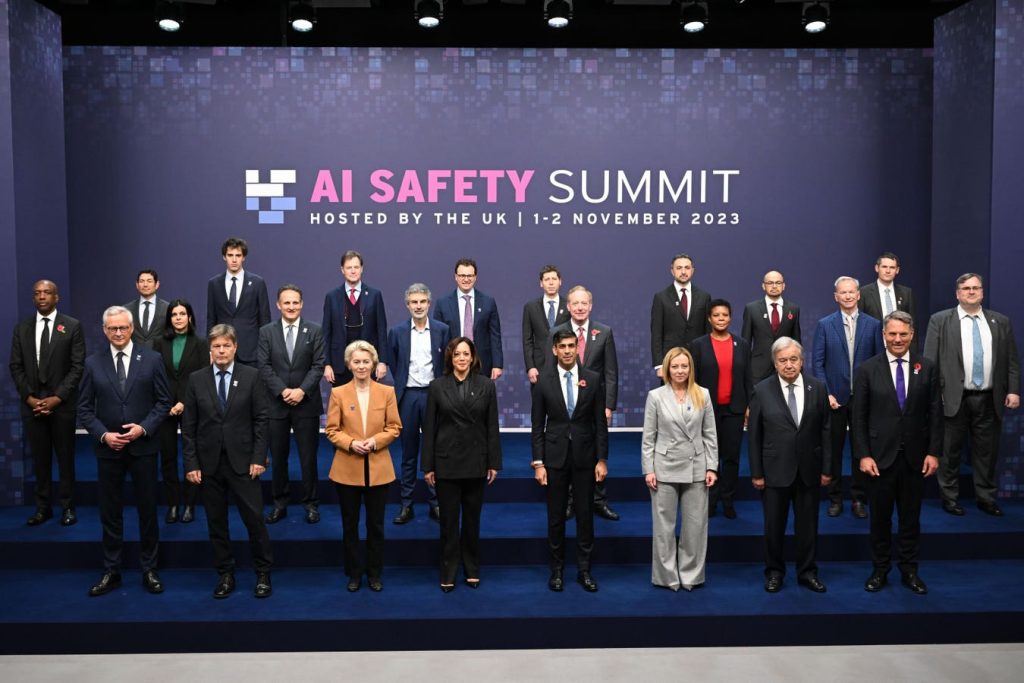In a recent note, David Skilling warned about the potential dangers of a fiscal accident in the US similar to what occurred in the UK due to Liz Truss’ economic policies in 2022. The US, with its high debt levels and volatile political system, could be at risk of a similar event, although it would likely require a Trump-led crisis to seriously impact the Treasury market. Skilling also touched on the need for more scientists and mathematicians in government leadership roles, citing examples from Singapore and the UK where individuals with strong technical backgrounds have successfully contributed to economic policy and industrial strategy.
David Willetts, a former UK government minister, played a key role in mapping out the “Eight Technologies of the Future” and developing a national industrial policy around them. His work highlighted the importance of investing in innovation and supporting emerging technologies such as AI, robotics, and genomics. However, Willetts’ review also shed light on the shortcomings of the UK’s current economic model, which lacks a coherent regulatory framework for new technologies and is struggling to support innovation in key sectors. This poses a significant challenge for the Labour party, which is working to develop a comprehensive policy framework around AI and technology innovation.
The debate over AI regulation and its impact on the job market is intensifying within the Labour party, with different factions advocating for varying approaches. While some argue for streamlining regulations to promote innovation and economic growth, others are more skeptical and fear the potential negative effects on job security. The TUC has raised concerns about the impact of AI on the workforce, highlighting the need for a more thorough understanding of how AI will reshape the labor market and the economy overall.
Despite the challenges, there are opportunities for the UK to play a leading role in shaping AI policies on both the domestic and international fronts. By influencing the development of international standards and supporting AI innovation initiatives, the UK can strengthen its position in the global AI market and contribute to the growth of the European tech sector. As Skilling suggested, there is a need for an “economic NATO” in Europe to coordinate economic policies and support innovation across the continent.
In conclusion, the ongoing debate over AI regulation and the future of work highlights the importance of developing a coherent and forward-thinking policy framework to support technological innovation and economic growth. While the UK has made strides in identifying key technologies and mapping out industrial strategies, there is still much work to be done to address the challenges posed by AI and emerging technologies. By collaborating with international partners and leveraging its strengths in innovation, the UK can position itself as a key player in the global AI market and contribute to the development of a more sustainable and prosperous economy.


